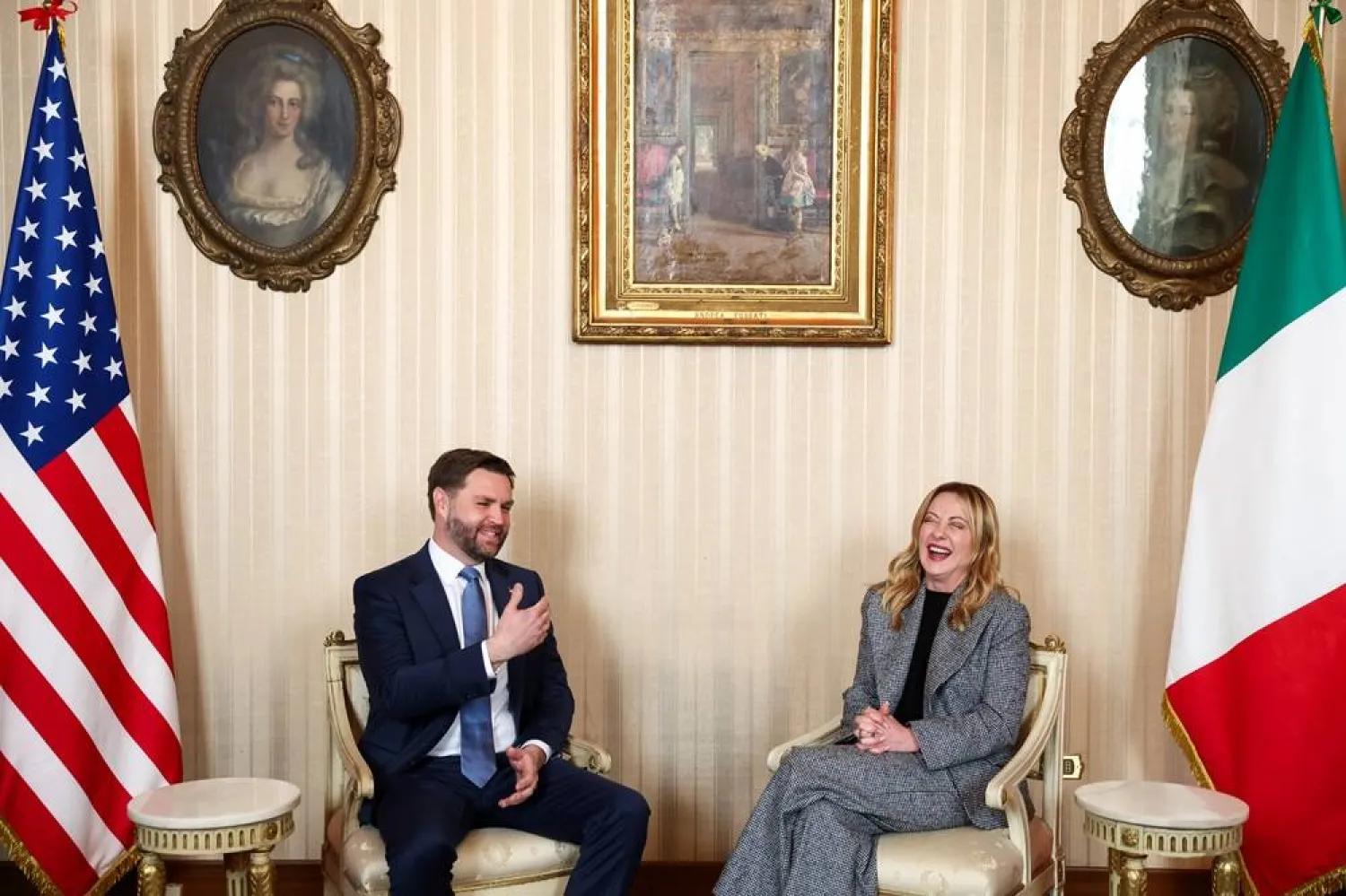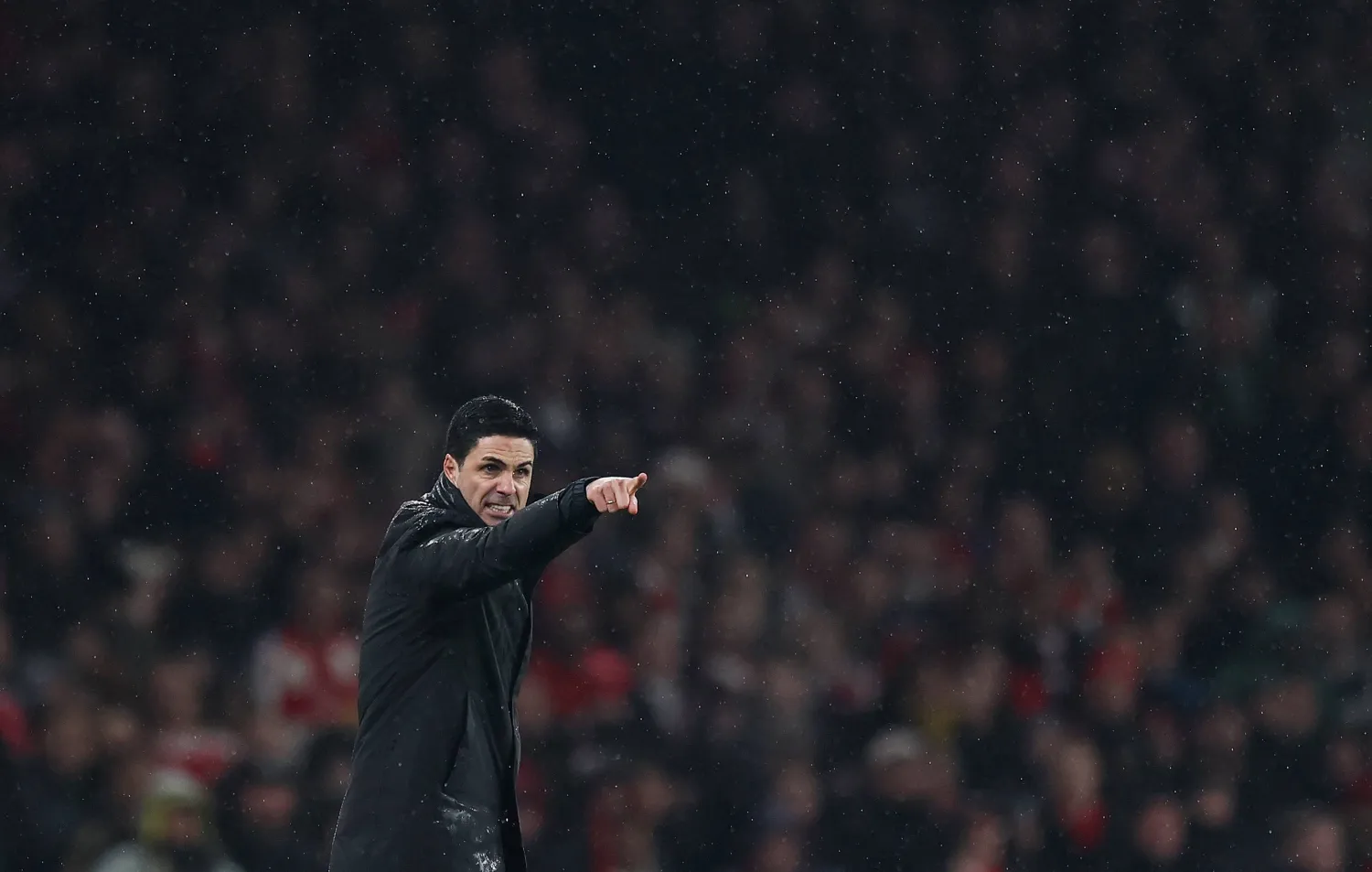Marcus Rashford is mulling over a quite extraordinary 2020 when his words and deeds have made him the only choice to be named as the Guardian’s Footballer of the Year. The Manchester United and England forward has excelled on the pitch, as usual, but the day job no longer defines him. How can it do so when he has done more than anyone to look after the poorest and most vulnerable children in the United Kingdom?
The Guardian asks about the influence of his mother, Mel, and in a few short sentences Rashford lays bare the debt he owes to her. “She’s everything,” he says. “Every positive characteristic you see in me is her. If I could describe her in three words it would be strong, protective, undefeated.”
Rashford has been shaped by the love and support Mel gave to him and his four siblings as she raised them as a single-parent in the south Manchester neighborhood of Wythenshawe. She worked long hours at three jobs and would sacrifice everything for their happiness. But Rashford says he can remember a look he sometimes saw in her as she battled to put food on the table. It was one of anxiety, almost desperation, and it has underpinned much of the campaigning work he has driven.
As a boy, Rashford would rely on breakfast clubs, free school meals and snacks while food banks and soup kitchens were a part of his upbringing, too; he has vivid memories of the trips to Northern Moor to collect Christmas dinners each year. Mel would start cooking when she got back from work in the evenings so at least Rashford was able to have that meal at home. Others are not so fortunate.
Rashford felt the worry of food poverty during the school holidays, he knew what it was like to go hungry and so, when the coronavirus pandemic gripped, his thoughts were for the families in similar situations.
“I was concerned for children just like me if the schools closed as part of the national lockdown,” he says. “Without breakfast club and free school meals, I had very little. What would me and my mum have done?
“I’d injured my back last January and spent time with families during the early stages of my recovery through FareShare and it was clear they were as reliant on the food vouchers [for school meals] as the food banks. It wasn’t one or the other. They needed both to survive. I knew what that fear felt like. I knew what fear in my mum looked like. I didn’t want that for any child or any parent.”
FareShare is the charity that collects and distributes surplus food and Rashford partnered with it to help cover some of the deficit in free meals when schools were temporarily shut at the end of March. At first, the target was to raise £100,000, which would provide meals for 400,000 children. But Rashford also began to worry about what would happen in the summer holidays.
“He read an article in the Guardian that the voucher scheme was coming to an end,” Kelly Hogarth, Rashford’s right-hand woman at the talent agency, Roc Nation, said. Rashford lobbied Boris Johnson and the government to do something about it.
Rashford’s success has owed much to the tone he has taken on social media, where he has 21.2m followers across Instagram, Facebook, and Twitter. He has sought to highlight social injustice, partly by drawing on his own irrefutable experiences, but there has been no trace of anger or bitterness, no attacking of politicians. On the contrary. He has called out people for doing that.
He has wanted unity, for the strength and purity of the message to be everything; not bickering or one-upmanship across political lines or tribal football allegiances to dilute or obscure. It has been about action, not aggrandizement. Then, there is Rashford’s remorselessness. This is a person who, at the age of six, when he was first scouted by United, said that nothing would get in the way of him fulfilling his dream and playing for them at senior level.
Rashford has said he tried to bring about change with regard to child poverty a few years ago only for his efforts to lack impact because he did not know the full facts around every angle. So he got more clued up, he connected more with the families involved and he pushed again.
The campaign Rashford waged has been undeterred by setbacks, with a big one coming in June when the government rejected his plea for it to keep paying for £15-a-week food vouchers for some of the poorest families during the summer break. He came back with an impassioned open letter to MPs, urging them to reconsider, and they did. Johnson phoned him to detail a new £120m Covid summer food fund for 1.3m pupils. That night, a banner was spotted in Wythenshawe: Rashford 1 Boris 0.
There would be a second government U-turn in November thanks to Rashford’s perfectly pitched arguments and another call from Johnson to explain it. This time it related to an extension of the voucher scheme for further school holidays, after it had initially been voted down. Rashford 2 Boris 0. By this point, Rashford had an MBE and he has helped to raise more than £20m for FareShare.
“I don’t think anyone could have predicted all this,” Rashford says. “But I feel like a lot of people would have learned a lot about themselves in 2020, especially their strength. It’s been a bizarre year for us all but one we can really build upon to not take anything for granted any more. We opened up a lot of conversation and we uncovered inequalities, we showed compassion and empathy. That was really lovely to see.
“Funnily enough there are probably a lot of personal positives people can take from 2020. Surviving this year with Covid impacting mental health and health in general, loss and unemployment, is big enough. Everyone should pat themselves on the back for that because it’s not been easy.”
Rashford has said he tries to keep his football separate from the campaigning but the game being as it is and fans being as they are, it is easier said than done. There will always be those who want players only to play and see any off-the-field interests as distractions.
He has, though, given the critics minimal ammunition by continuing to be influential for United. His 90th-minute winner against Wolves last Tuesday meant he finished the calendar year with 20 goals in 42 appearances for the club. Rashford has only ever known total focus on his football. It is second nature to him. “From a football perspective, I just want the fans in [the stadiums] safe and healthy,” he adds, simply.
And so on Rashford goes, packing everything in, giving everything. He was named as the figurehead of a taskforce on child food poverty in September and he launched a book club in November aimed at giving children from lower socio-economic backgrounds the opportunity to embrace reading from an early age. Rashford started reading only at 17 because books were not something his family could budget for.
“There are near 400,000 children in the UK that have never owned a book,” he says. “These are the same children I fight for day in, day out and I wanted to allow them an escapism from anxiety and fear through reading. My books are focused on acceptance and acknowledgment, allowing children to know that many of us have gone through what they are going through but that there is a way to navigate it positively. Ultimately, I just want children to dream because sometimes dreams are all they have. I’m working on my first book now, which will be released in May.”
Rashford, just 23, has a maturity that belies his years but not what he has seen during them. He finishes with a piece of advice for children who might want to become footballers or dream of accomplishment in any field. And, also, a fervently expressed hope.
“Only stay in competition with yourself,” he says. “Everyone’s journey is different. There is no right way to do it. Train hard and believe in yourself. My wish is that all children start life on an equal playing field in the UK. That no child starts life 20 yards behind any other child and that our children are equipped with tools they need to succeed at anything they put their mind to.”
(The Guardian)









